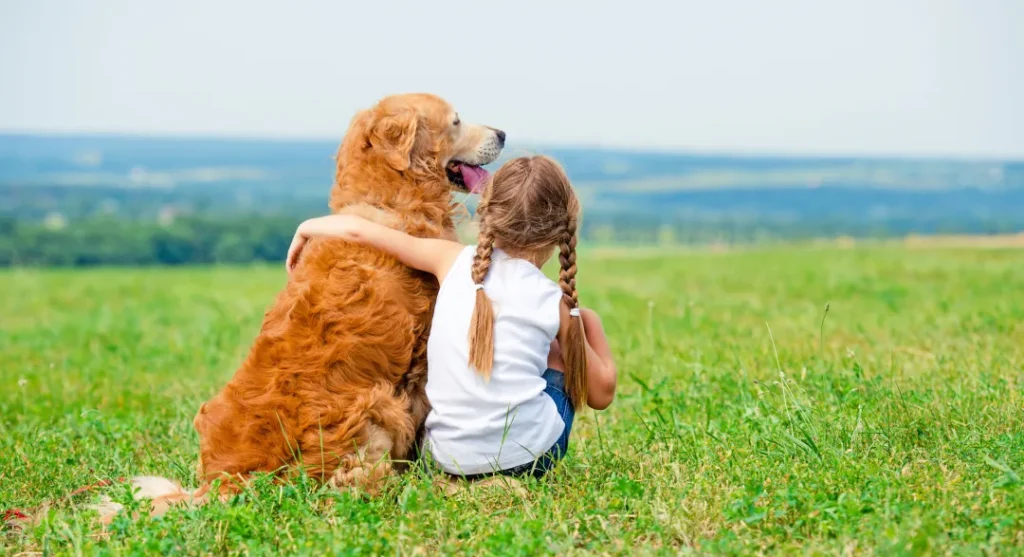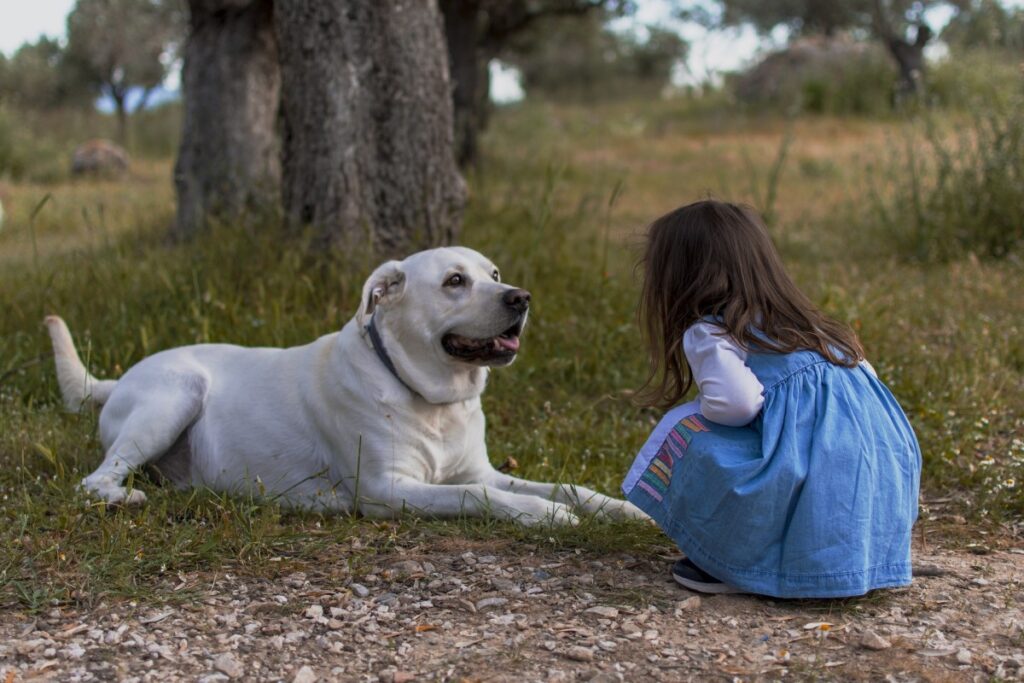Many children love animals. They’re cute, fun, and full of personality. But there’s more than a fun side to animals, as they can teach children life skills that will stay with them forever. Here are some examples of the different life skills animals can teach children.
Animals can be found all around us when it comes to kids’ things. There are animal patterns on their clothing, soft animal toys come in every type of animal imaginable, and there are farms and zoos in almost all cities and states. If you’re wondering why animals are such a big deal in children’s lives, it’s because they offer something very special that nothing else can. You don’t even need to own a pet to get many of the benefits from knowing about animals. Simply learning about them and witnessing their behavior can have a positive knock-on effect on children. Here are just some of the life skills and benefits children can get from knowing more about animals.
Love
Animals provide companionship, love, and security to children. They can be a best friend during tough times and have soft shoulders to cry on when needed. They foster love and respect for all living creatures, which is an important life skill for children to have. Love can be experienced from being a pet owner, but it can also be felt by going to visit the same local animals at a farm or zoo regularly. Even adopting an endangered animal from afar and receiving updates on its progress and habits can bring feelings of love, companionship, and security.

Source: mommymojo.in
Patience
Caring for an animal requires time, patience, and effort. Children learn to slow down and take things one step at a time when they have to care for an animal. They also have to be patient when waiting for an animal to respond or obey a command. This life skill is beneficial as it can be transferred to other areas of life, such as waiting in line, completing tasks, and taking turns. As well as gaining this from owning a pet, children can also experience these feelings by doing a zookeeper experience with some zoo animals.
Scientific Knowledge
Many animals offer opportunities for children to learn about science. This can be things like the animal’s diet, their environment, and how they behave. Children can learn about how different animals live and adapt to their surroundings. It also helps them gather the knowledge they can share with others, such as explaining why some people think tortoises are turtles. This knowledge can be gained from books, the internet, zoos, and aquariums. It can also be experienced by observing animals in the wild on safari or through television documentaries.
Empathy
When children interact with animals, they learn to empathize with them. They understand how the animal is feeling and what it needs. This is an important life skill as it can be transferred to how children interact with other people. It helps them understand and care for others, which is an essential part of being a good citizen. Empathy can be felt by petting an animal, visiting a farm, or participating in animal therapy sessions.

Source: lifepetcare.it
Kindness
Caring for an animal requires kindness. Children learn to be gentle and patient when they have to take care of an animal. They also have to think about the animal’s needs before their own. This is an important life skill to have and children can apply it to many aspects of their lives, from being kind to other children at school, to thinking of others when they are having new experiences. Being kind gets people far in life, and children can express kindness toward animals in many different ways. Even making sure the smaller sheep get some of the animal feed they have bought on a day trip to the farm is all about kindness!
Responsibility
Caring for an animal also helps children to develop a sense of responsibility. They learn to feed, water, and groom their pet. They also learn to clean up after themselves. This is an important life skill as it teaches children to think about others and to be accountable for their actions. It is a skill that will be beneficial in all areas of their lives. Children can learn responsibility from owning a pet, but they can also experience it by helping to care for animals at a farm or zoo. Some people who are thinking of getting a pet get a virtual pet for their child to start practicing on first, to see if they have what it takes.

Source: wehavekids.com
Respect
Respecting animals is another life skill that children learn when they interact with them. They understand that animals are living creatures with their own needs and feelings. This helps children to develop a sense of respect for all living things, including people. It is an important life skill to have and one that will be beneficial in all areas of children’s lives. They can learn to respect animals by interacting with them in a number of different ways, such as petting them, feeding them, visiting a farm, or participating in animal therapy sessions.
Confidence
Finally, interacting with animals can help children to develop confidence. They learn to overcome their fears and to approach new situations with confidence. This is an important life skill to have as it can be transferred to other areas of their lives. For example, if a child is afraid of dogs, interacting with a dog in a safe and controlled environment can help them to overcome their fear. They can also develop confidence by participating in activities such as horse riding or dog walking.
Animals offer children a chance to learn about trust, respect, and unconditional love. They also give children a sense of responsibility and help teach them empathy. There are many other things animals can teach children too. So whether you’re thinking of getting a pet, or just want to get more out of the interactions your child has with animals, you can be safe in the knowledge that they’ll get a lot out of it.























